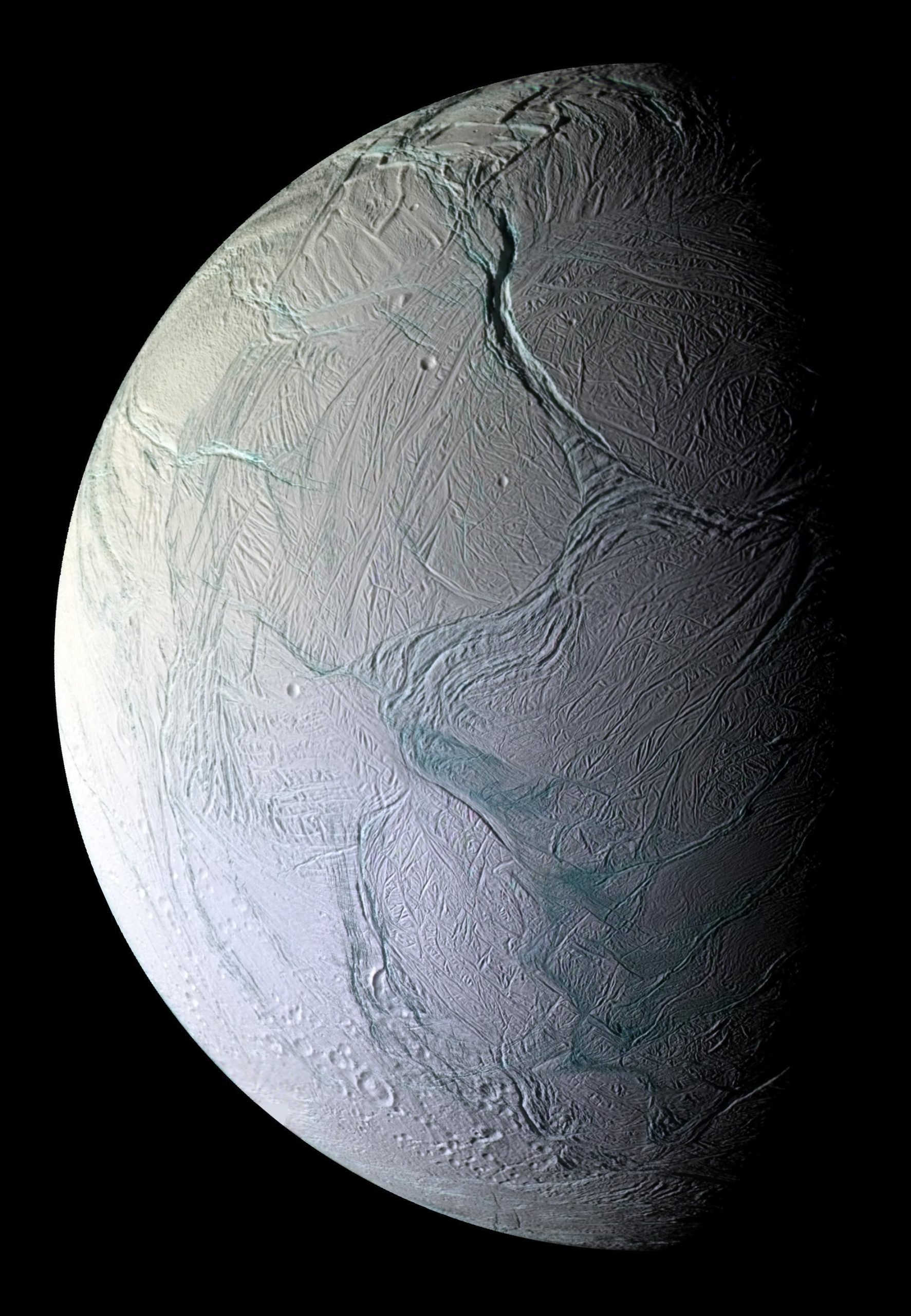Scientists have found that the length of the day on Earth has remained constant for millions of years in the past.
According to the findings, a day lasted 19.5 hours on the planet between 600 million and 2 billion years ago.
It is known that the Moon is moving away from the Earth at an increasing speed, and therefore the days on the planet are getting longer.
When the Moon first formed about 4.5 billion years ago, the length of the day, defined by the speed at which the Earth rotated on its axis, was much shorter.
Estimates suggest that this rotation was only a few hours.
The reason the rotation has slowed over time is that the Moon is gradually moving away, moving about 3.78 centimeters per year.
The Moon’s gravitational pull is responsible for the tides in Earth’s oceans. As the Earth revolves around itself, water is drawn in all around the planet, slowing the rotation.
Scientists liken this effect to a figure skater spinning with her arms outstretched to slow down.
This effect adds about 1.7 milliseconds to the Earth’s rotation time every century.
New research sheds light on the period when this change paused for a long time.
According to the findings, published in the peer-reviewed scientific journal Science Advances, the Sun’s influence on the planet’s atmosphere overpowered the Moon’s influence at the time, causing a pause in the lengthening of days.
Because the ocean is not the only liquid that surrounds the Earth. Gas is also a liquid and there is a lot of gas on Earth.
According to scientists, sunlight has a similar pull-push effect on this gas. But unlike the Moon, this effect accelerates the Earth’s rotation, not slows it down.
The team, led by astrophysicists Hanbo Wu and Norman Murray from the University of Toronto in Canada, said that without the Sun’s counter-effect, the Earth’s rotation would take longer than 60 hours today.
Because the Moon’s influence has been much stronger than the Sun’s for most of Earth’s history, the slowdown in rotation is a more dominant trend.
During that long period of constant days, the atmosphere was found to be warmer and therefore more expansive. According to the research team, this acted as a significant resistance to the Moon’s lengthening effect.
The researchers say that this data could be of vital importance even today.
For example, they say, these data should be taken into account when developing models for the impact of climate change.
Because the atmosphere is getting warmer due to the greenhouse gases released.
Therefore, whether this warming of the atmosphere will affect the Earth’s rotation needs to be investigated in detail.





